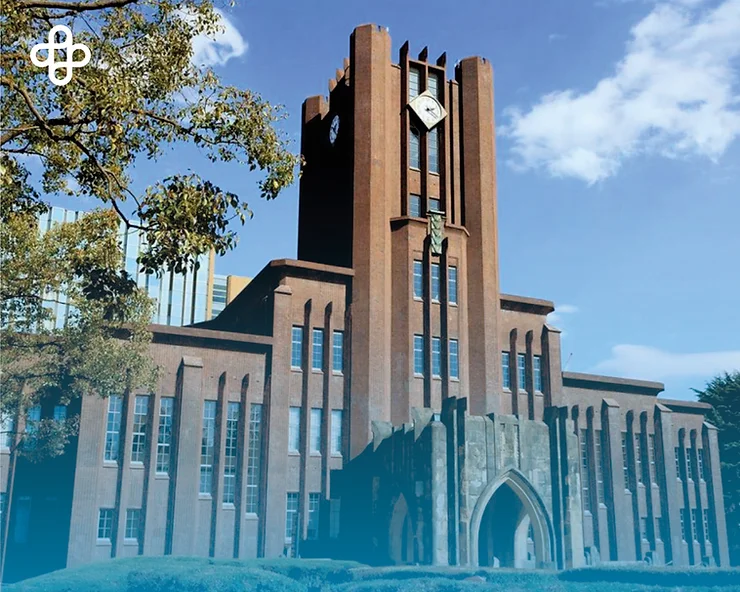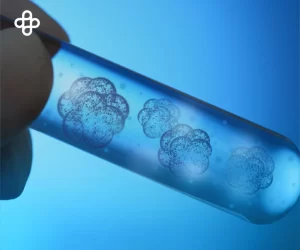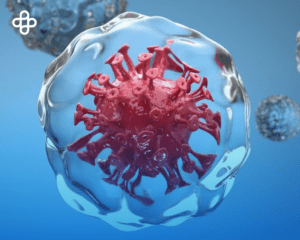Stem Cells for Arterial Hypertension. Researchers from Japan have discovered that heart cells respond differently to high blood pressure. In a study, they identified the differences between heart muscle cells that fail and those that adapt to high blood pressure. This study, published in “Nature Communications,” has potential future applications in the treatment of cardiovascular diseases.
Cardiovascular diseases are the leading cause of death worldwide, according to the World Health Organization. High blood pressure leads to heart failure, but the underlying mechanism is still unknown.
University of Tokyo
In this new study coordinated by the University of Tokyo. It was observed that cells that adapted to high blood pressure were thicker than healthy ones. These thicker cells required more energy but could maintain the heartbeat. However, the cells that did not adapt stretched and weakened.
That is, similar to a worn rubber band, they could contract to keep the blood pumping.
These findings are the first to show that some cells fail. While others adapt to hypertension within the heart itself.

“We are very interested in investigating the increase in the activity of genes that are important for generating energy in the cell,” explains Seitaro Nomura, a cardiologist and the first author of the research article.
The scientists identified multiple groups of genes that had increased or decreased activity when cells experienced high blood pressure, but they focused on one gene, p53. In defective cells, p53 showed higher activity.
The researchers suspect that p53 sends signals to the cells to adapt or fail under increased pressure. This gene is well-known to cancer researchers for responding to DNA damage and regulating cell growth and division.
Nomura and his team examined the gene activity of hundreds of individual cells. They came from a small number of mice and heart surgery patients.
Identifying the gene activity of individual cells, rather than averaging the gene activity of many cells. This is known as single-cell transcriptome analysis and can reveal differences between cells from the same individual.
Reprogramming Adult Cells
“Scientists already know how to reprogram adult cells into induced pluripotent stem (iPS) cells.” As Nomura explains, referring to Nobel Prize-winning research in 2012 that allows adult cells to revert to an immature state. “This gives me confidence that, in time, we will find a way to reprogram defective heart cells. To turn them into adaptive cardiac cells,” she adds.
In the future, cardiologists will be able to “convince” cells to adapt to hypertension. For example, to a narrowed aorta or to a heart attack, thus avoiding heart failure.
“Combining computational analysis with experimental medical techniques can broaden our knowledge and improve the laboratory-to-bedside research process,”
concludes Nomura.
I invite you to learn more about the fascinating world of stem cells by reading our article, “What Are Stem Cells?“.





